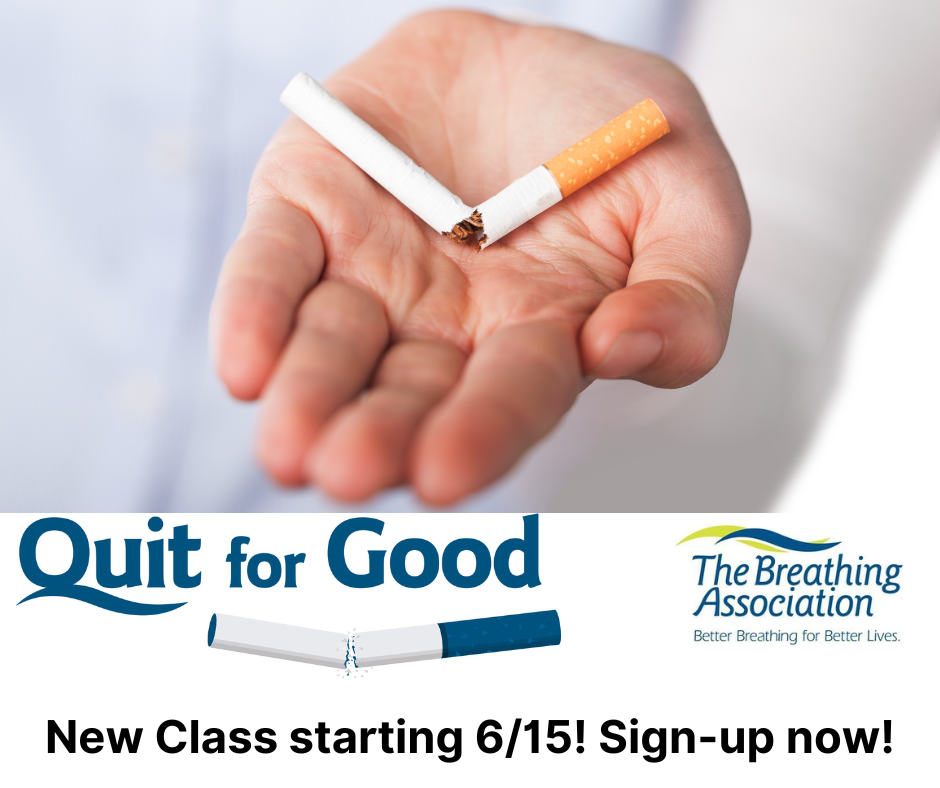Get Ready for the Summer Crisis Program and Score a Swag Bag!
Summer is just around the corner, and with it comes the need to stay cool and comfortable. We understand that some of you may face challenges in keeping your homes adequately cooled during the scorching months. That’s why we are thrilled to announce the Summer Crisis Program 2023, starting on July 3!
Through the Summer Crisis Program, you can receive an air conditioner and/or fan. To learn if you’re eligible, schedule an in-person visit or a phone interview.
To make this year’s program even more exciting, we have prepared something special for you.
Introducing the SCP Summer Swag Bag!
What’s in the swag bag, you ask? Well, it’s a surprise! But rest assured, it’s filled with fantastic goodies that are sure to put a smile on your face. Think branded stress balls, chapstick, ice/heat packs, and other fun knick-knacks we’ve carefully curated just for you.
Here’s what you need to do to receive your SCP Summer Swag Bag:
- Schedule your appointment, either in person or by phone, between July 3 and July 14.
- Submit a completed application.
To make your appointment and secure your Swag Bag, call 614-969-0978 today!
Our friendly team is ready to assist you and answer any questions you may have. Stay tuned for more updates and information on how we can make this summer a comfortable and enjoyable one for everyone in our community.

